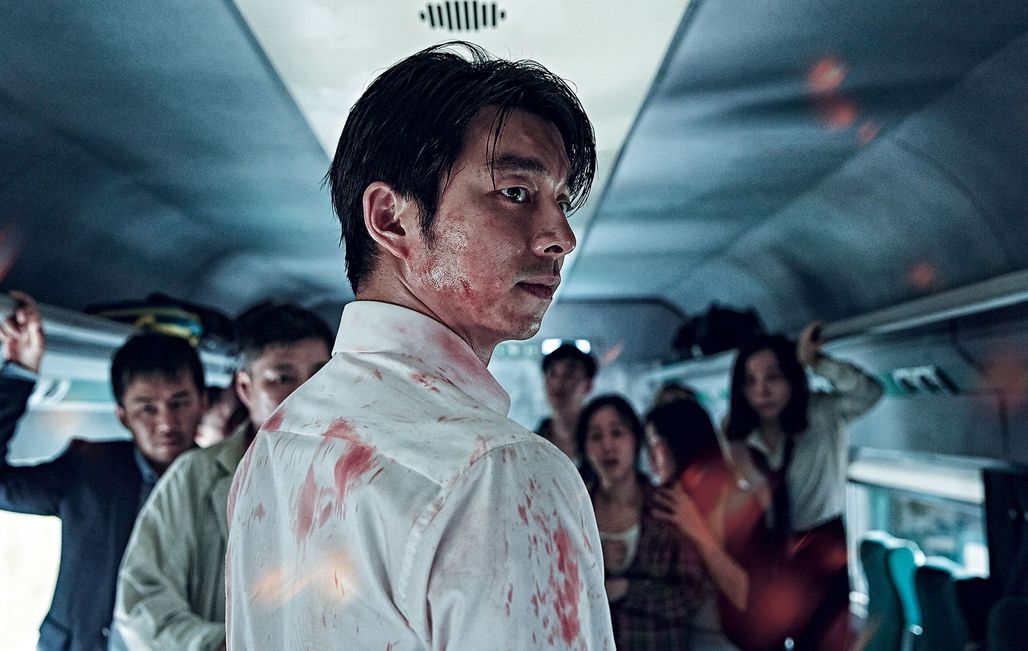
Yeon Sang-Ho and the train of horror

Having previously made animation films, the South Korean director unveils his first live action project with Bu-San-Haeng (Train to Busan). He talks about the origins of this horror film, in which in order to survive a virus transforming them into zombies, the passengers of a train compete in a bitter struggle.
What was the context in which Bu-San-Haeng (Train To Busan) came about?
I was immersed in directing Seoul Station, my last animated feature film. It narrates the story of a virus which transforms the users of a large metro station in Seoul into zombies. While I was preparing the film, the team didn't stop asking me what happened after the infection. I then imagined several different stories…that's the work that convinced me to follow up the film, and I called it Train To Busan.
What prompted you to film using live action after all these years of animation?
After The King of Pigs (2011) and The Fake (2013), I was asked to direct my first feature film using actors. In South Korea, the current film industry is more focussed on films using live action and I thought it was a good time to take my first step. After talking to my producers, we decided it would be relevant to make Train to Busan as a live action film.
Which directors have influenced you in particular?
Filmmakers like Zack Snyder (Dawn of the Dead), Marc Forster (World War Z), and Danny Boyle (28 Days Later). But above all, films by Stephen King (The Mist) and Cormac McCarthy (The Road) have inspired me the most. I hoped that my film would give off the same type of apocalyptic atmosphere, but with a faster pace.
“Zombies can embody several social nuances. They’re not monsters, but simply human beings filled with rage.”
Zombie films are a very Western genre…
Indeed, and they're also most popular in the West. I had first thought that rooting my film in Korean culture would be inappropriate, but then I changed my mind. As a result, the biggest difficulty was managing to merge the two cultures. For the film to be credible for Korean viewers, I spent a lot of time designing the appearance of the zombies, as well as working on the directing and the screenplay.
Your zombies seem to be the only beings capable of letting their rage erupt, contrary to the citizens…
Yes. Since I was a child, I've always been interested in the figure of the zombie. If vampires are seen as "super humans", zombies have always been under-estimated and depicted without any particular quality. Later, I understood that zombies can embody several social nuances. They're not monsters, but simply human beings filled with rage.
What message do you want to convey through this film?
That no one is born good or evil. That's the point I wanted to focus on. When a tragedy happens, sometimes people swing to one side or the other by chance. Other people suffer and think that the bad luck will spread. It's a sad truth, but one which is intrinsic to Korean society. Even if Train to Busan is a genre film, I hope it will incite collective thought on what it is about.
Can you tell us about your next project yet?
I'm working on a screenplay and I can't reveal any details, apart from saying it will be a science-fiction thriller filmed using live action.


